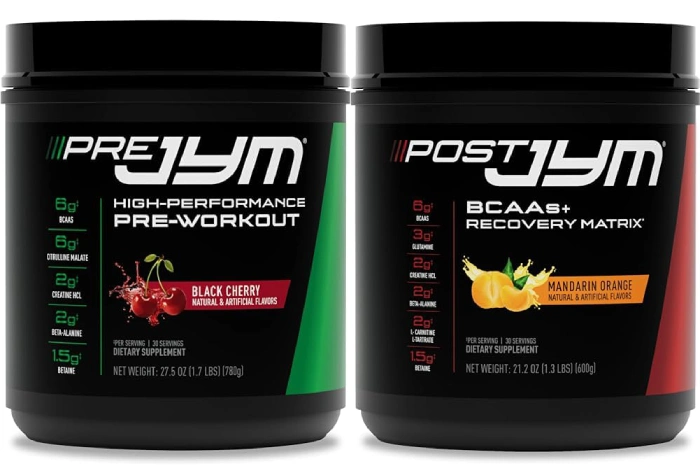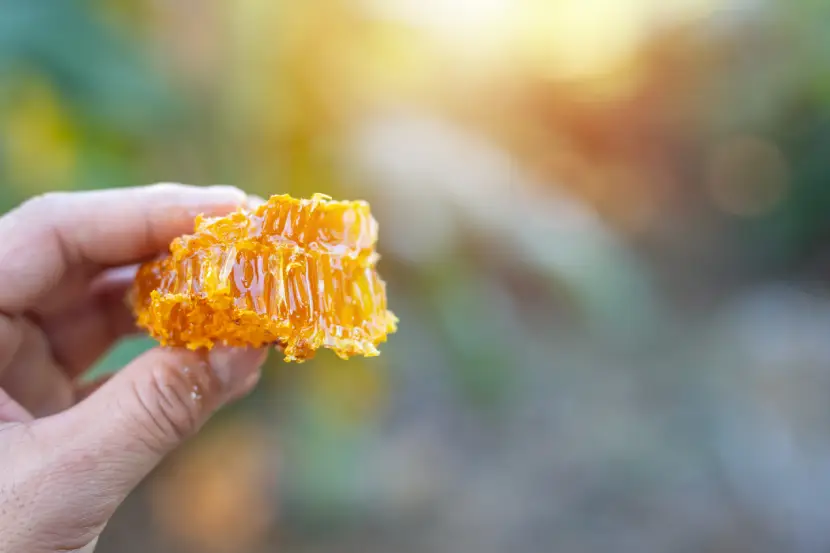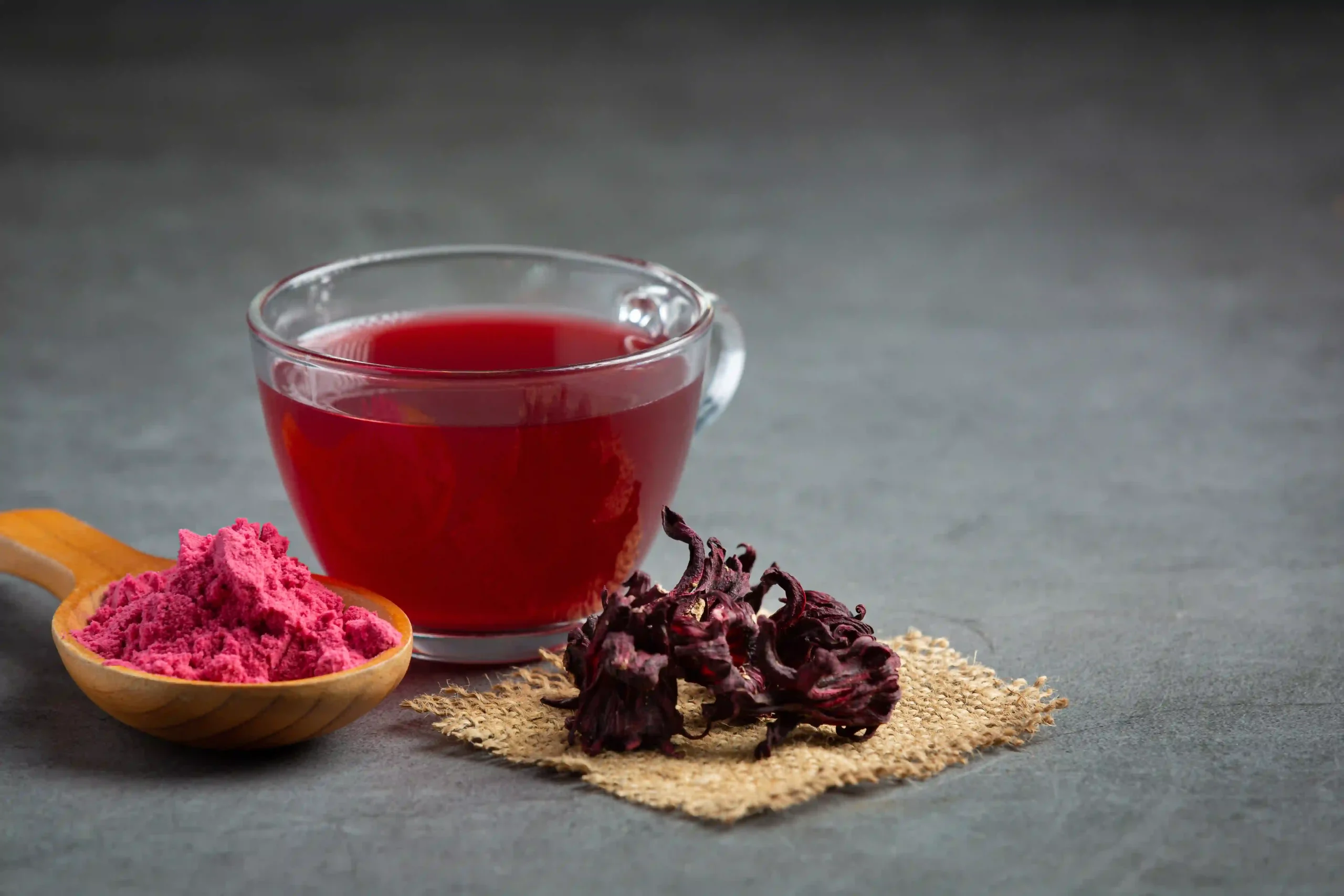Hey there, wellness warriors! 👋 Your favorite health product enthusiast here, ready to spill the tea about something that’s been literally giving people their glow up – whole food beta carotene. And trust me, we’re about to go deep into this golden nugget of nutrition that’s been taking the wellness world by storm. Whether you’re here for the skin benefits (spoiler alert: that natural tan everyone’s talking about), better vision, or just trying to up your nutrient game, I’ve got you covered with everything you need to know about this amazing compound.
What’s the Deal with Whole Food Beta Carotene?
Let’s keep it 100 – in a world obsessed with quick fixes and miracle pills, whole food beta carotene is the real MVP. It’s that vibrant orange pigment you’ll find lighting up your favorite fruits and vegetables, giving them that gorgeous golden hue that practically screams “I’m good for you!” But here’s the thing – it’s not just about the color. This powerful antioxidant is your body’s BFF when it comes to vitamin A production, and the way it works is absolutely fascinating.
The beta carotene structure itself is pretty mind-blowing – it’s a complex molecule that belongs to the carotenoid family, essentially acting as a precursor to vitamin A. Think of it as the talented understudy that can step into the starring role of vitamin A whenever your body needs it. The beta carotene conversion process is like having a smart nutrition system built right into your body – it only converts what it needs, making it nearly impossible to overdose on vitamin A from whole food beta carotene sources.
The Science Behind the Magic
When we talk about whole food beta carotene, we’re really diving into some next-level nutritional science. Your body has evolved this incredible relationship with beta carotene over millions of years. When you consume foods rich in this compound, your digestive system breaks it down and transforms it through a series of sophisticated processes. The beta carotene structure allows it to be stored in your liver and fatty tissues, creating a natural reservoir that your body can tap into whenever it needs more vitamin A.
What makes whole food beta carotene particularly special is its synergistic relationship with other nutrients. When you get your beta carotene from whole foods, you’re not just getting the isolated compound – you’re getting an entire orchestra of nutrients that work together in harmony. The fiber, other antioxidants, and natural compounds in these foods enhance absorption and utilization, making it far more effective than isolated supplements.
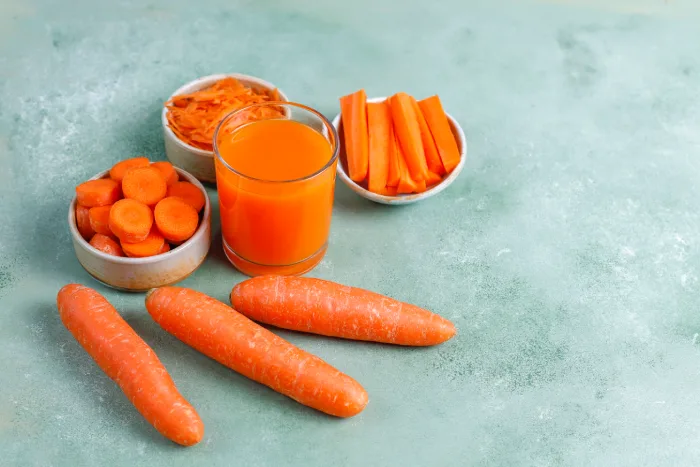
The Incredible Benefits of Whole Food Beta Carotene
Vision Benefits That’ll Make You Do a Double Take
The connection between beta carotene and vision is nothing short of remarkable. Once converted to vitamin A, beta carotene becomes essential for maintaining the health of your retina, the part of your eye that captures light and turns it into visual signals for your brain. But it goes even deeper than that – beta carotene vision benefits extend to protecting your eyes from oxidative stress and potentially harmful blue light exposure from digital devices.
Recent studies have shown that regular consumption of whole food beta carotene may help prevent age-related macular degeneration and other vision problems. The antioxidant properties of beta carotene work like a protective shield for your eyes, neutralizing harmful free radicals that could otherwise damage delicate eye tissues. This is particularly important in our modern world, where we’re constantly exposed to screens and artificial lighting.
The Natural Glow Everyone’s Talking About
Let’s dive deep into the relationship between beta carotene and tanning – because this is where things get really interesting. The beta carotene skin color phenomenon has taken social media by storm, with countless before and after photos showing impressive results. But how does it actually work? The science behind beta carotene tan is fascinating: when consumed regularly, beta carotene accumulates in the subcutaneous fat layers of your skin, creating a natural, golden glow that looks far more authentic than any artificial tanner.
The beta carotene sun tan process is gradual and subtle, typically taking anywhere from 4-8 weeks to become noticeable. What’s particularly amazing about this process is that it doesn’t just change your skin color – it actually helps protect your skin from sun damage. Think of it as nature’s own SPF booster (though you should definitely still wear sunscreen!). The beta carotene skin before and after transformation is most noticeable in people with lighter skin tones, but everyone can benefit from its protective properties.
Advanced Skin Health Benefits
Beyond just creating that coveted glow, whole food beta carotene plays a crucial role in maintaining overall skin health. Its powerful antioxidant properties help combat the effects of environmental stressors, including pollution and UV radiation. Some people even use beta carotene for skin whitening, though the evidence for this specific application is still emerging. What we do know is that consistent consumption of beta carotene-rich foods can help improve skin texture, reduce the appearance of fine lines, and promote a more even skin tone.
The relationship between beta carotene and skin health extends to its ability to support collagen production and skin cell turnover. This means that while you’re getting that natural tan, you’re also supporting your skin’s structural integrity from the inside out. It’s like having a natural anti-aging supplement built right into your fruits and vegetables!
The Ultimate Guide to Natural Sources
The Powerhouse Produce
When it comes to whole food beta carotene sources, nature has blessed us with an incredible variety of options. Let’s start with the obvious superstar – carrots. A single medium carrot contains more than your daily recommended intake of beta carotene. But here’s something that might surprise you: beta carotene in corn is actually quite significant, making sweet corn a fantastic source that often goes overlooked. Similarly, beta carotene in onions, while not as concentrated, can contribute to your overall intake when these vegetables are included regularly in your diet.
The beta carotene in lemons might seem counterintuitive given their pale color, but they do contain small amounts that can contribute to your daily intake. And here’s a fun fact that often surprises people: there’s beta carotene in strawberries too! While not as concentrated as in orange vegetables, these fruits can be part of your overall beta carotene strategy.
The Green Revolution
Don’t let the orange association fool you – dark leafy greens are absolute powerhouses when it comes to beta carotene content. Spinach, kale, and collard greens contain significant amounts of this nutrient, though it’s masked by the overwhelming presence of chlorophyll. These greens offer an excellent way to diversify your beta carotene intake while getting additional benefits from their high mineral and fiber content.
Seasonal Superstars
Each season brings its own special selection of beta carotene-rich foods. In fall, pumpkins and sweet potatoes take center stage, offering some of the highest concentrations of beta carotene available in whole foods. Summer brings cantaloupe and apricots, while winter squash varieties offer year-round options for getting your beta carotene fix. This seasonal approach not only ensures optimal nutrient content but also helps keep your diet varied and interesting throughout the year.
The Supplement Situation: When to Consider Additional Support
While whole food beta carotene should always be your first choice, there are situations where supplements might make sense. However, this is where we need to have a serious conversation about beta carotene and smoking, as well as other potential risk factors that could affect your supplement decisions.
Understanding Beta Carotene Supplements
Beta carotene supplements come in various forms, from simple capsules to complex antioxidant blends. The beta carotene color in these supplements can range from deep orange to almost red, depending on the source and concentration. While they can be effective, it’s crucial to understand that the beta carotene structure in supplements might not be identical to what you find in whole foods, and this can affect how your body processes it.
The relationship between beta carotene and smoking is particularly concerning. Multiple studies have shown that beta carotene smokers face increased health risks when taking high-dose supplements. This doesn’t mean smokers should avoid beta carotene-rich foods – quite the opposite! But it does mean that if you smoke, you should be extremely cautious about supplement use and consult healthcare providers before starting any supplementation regimen.
When Supplements Make Sense
There are legitimate reasons to consider beta carotene supplementation. People with malabsorption conditions, those following extremely restricted diets, or individuals with specific health conditions might benefit from supplemental beta carotene. However, the key is working with healthcare providers to determine the right approach and dosage for your specific situation.
Maximizing Your Beta Carotene Benefits: The Complete Guide
When it comes to getting the most out of whole food beta carotene, there’s so much more to consider than just eating orange vegetables. The way you prepare your food, when you eat it, and what you pair it with can make a dramatic difference in how your body absorbs and utilizes this powerful nutrient. Let’s dive into the science-backed strategies that can help you optimize your beta carotene intake.
The Art of Food Preparation
The way you prepare beta carotene-rich foods can significantly impact their bioavailability. Contrary to what many people believe, light cooking actually enhances the absorption of beta carotene from whole foods. When you lightly steam or roast vegetables, the heat breaks down the cellular walls, making the beta carotene more accessible to your digestive system. This is particularly true for foods like carrots, sweet potatoes, and winter squash, where the beta carotene is tightly bound within the plant’s cellular structure.
Think of it like this: raw carrots are great, but lightly steaming them is like giving your body a VIP pass to access all that precious beta carotene. The key is to avoid overcooking, as excessive heat can destroy some of the beneficial compounds that work synergistically with beta carotene. A light steam or quick roast is all you need to optimize absorption while maintaining the integrity of the nutrient.
Timing and Food Combinations
The beta carotene conversion process in your body is heavily influenced by what you eat alongside your beta carotene-rich foods. Since beta carotene is fat-soluble, consuming it with healthy fats dramatically increases its absorption. This doesn’t mean you need to drown your vegetables in oil – even a modest amount of healthy fat can make a significant difference.
Imagine your digestive system as a selective nightclub, and healthy fats are like the VIP escort that helps beta carotene skip the line and get straight to the velvet rope. A drizzle of olive oil on your roasted carrots, some avocado in your green smoothie, or a handful of nuts alongside your sweet potato can significantly enhance beta carotene absorption.
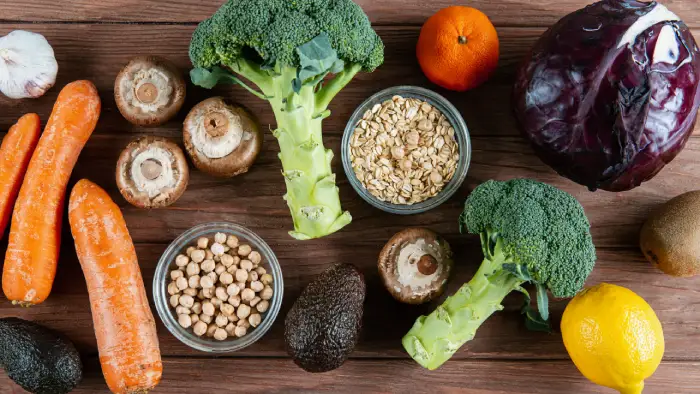
Understanding Dosage and Daily Needs
Personalizing Your Intake
When it comes to whole food beta carotene, the beauty lies in its safety and flexibility. Unlike synthetic supplements, which require careful dosing, whole food sources come with built-in safety mechanisms. Your body is incredibly smart about beta carotene conversion, only transforming it into vitamin A as needed. However, understanding general guidelines can help you optimize your intake.
For adults, aim to consume beta carotene-rich foods daily. A good target is to include at least one serving of orange vegetables or fruits and one serving of dark leafy greens in your daily diet. This natural approach ensures steady availability while allowing your body to regulate conversion based on its needs. Remember, consistency matters more than occasional high doses – it’s better to have moderate amounts daily than large amounts sporadically.
Special Considerations for Supplement Users
If you’re considering beta carotene supplements, the landscape becomes more complex. While whole food beta carotene has no upper limit, supplement dosage requires careful consideration. Most supplements provide between 5,000 to 25,000 IU of beta carotene. However, these amounts should be carefully evaluated based on your individual circumstances, especially if you’re in any high-risk groups.
The beta carotene smoking connection is particularly crucial here. If you’re a smoker or former smoker, high-dose beta carotene supplements could potentially increase certain health risks. The relationship between beta carotene and smoking is complex, and research has shown that smokers should be especially cautious with supplemental forms.
Lifestyle Factors and Absorption
Environmental Influences
Your lifestyle choices can significantly impact how your body processes whole food beta carotene. Exposure to environmental toxins, stress levels, and even your sleep patterns can affect your body’s ability to convert and utilize beta carotene effectively. Regular exercise appears to enhance the body’s ability to use beta carotene, possibly due to improved circulation and metabolic function.
The beta carotene sun tanning effect, for instance, works best when combined with a healthy lifestyle that includes adequate hydration and proper sun protection. While beta carotene can contribute to skin color changes, these effects are optimized when your body is functioning at its best.
Potential Interactions and Considerations
Understanding potential interactions between beta carotene and other substances is crucial for optimal absorption. Certain medications, particularly those affecting fat absorption, can interfere with beta carotene uptake. Similarly, excessive alcohol consumption can impair your body’s ability to convert and utilize beta carotene effectively.
For those interested in beta carotene for skin whitening or beta carotene for tan skin, it’s essential to understand that results can vary significantly based on individual factors. Your natural skin tone, overall health status, and consistency in consumption all play crucial roles in determining the outcome.
Advanced Tips for Beta Carotene Optimization
Storage and Preparation Strategies
The way you store and prepare beta carotene-rich foods can significantly impact their nutrient content. Store orange vegetables and fruits in cool, dark places to preserve their beta carotene content. When preparing foods, cutting them into smaller pieces increases the surface area exposed to healthy fats and digestive enzymes, potentially improving absorption.
The beta carotene color in foods can be a good indicator of proper storage – if the color has faded significantly, the beta carotene content may have degraded. This is particularly important for foods like carrots, sweet potatoes, and winter squash, which can be stored for extended periods.
Seasonal Optimization
Different seasons bring different opportunities for optimizing your whole food beta carotene intake. During summer months, fresh produce like beta carotene in strawberries and beta carotene in corn becomes readily available. Winter brings opportunities to focus on root vegetables and stored squashes, which often have concentrated amounts of beta carotene due to their long growing season.
Long-term Success Strategies
Building a sustainable approach to incorporating whole food beta carotene into your daily life requires planning and creativity. Experiment with different recipes and preparation methods to find enjoyable ways to include beta carotene-rich foods in your meals. Consider keeping a food diary to track your intake and any noticeable changes in your skin tone or overall health.
Remember that the beta carotene structure in whole foods is perfectly designed by nature for optimal absorption. While supplements have their place, focusing on whole food sources provides additional benefits that cannot be replicated in pill form.: Your Personal Beta Carotene Journey
The world of whole food beta carotene is rich with possibilities for enhancing your health and natural beauty. Whether you’re pursuing that coveted beta carotene tan, supporting your vision health, or simply looking to optimize your nutrition, the key is finding an approach that works for your lifestyle and goals. Remember that while supplements have their place, the magic of whole food beta carotene lies in its natural form, perfectly packaged by nature in delicious, nutritious foods that have been nourishing humans for millennia.
Stay glowing, wellness warriors! 💫
Disclaimer: This article is for informational purposes only and should not be considered medical advice. Always consult with a healthcare professional before making significant changes to your diet or starting any supplement regimen.
